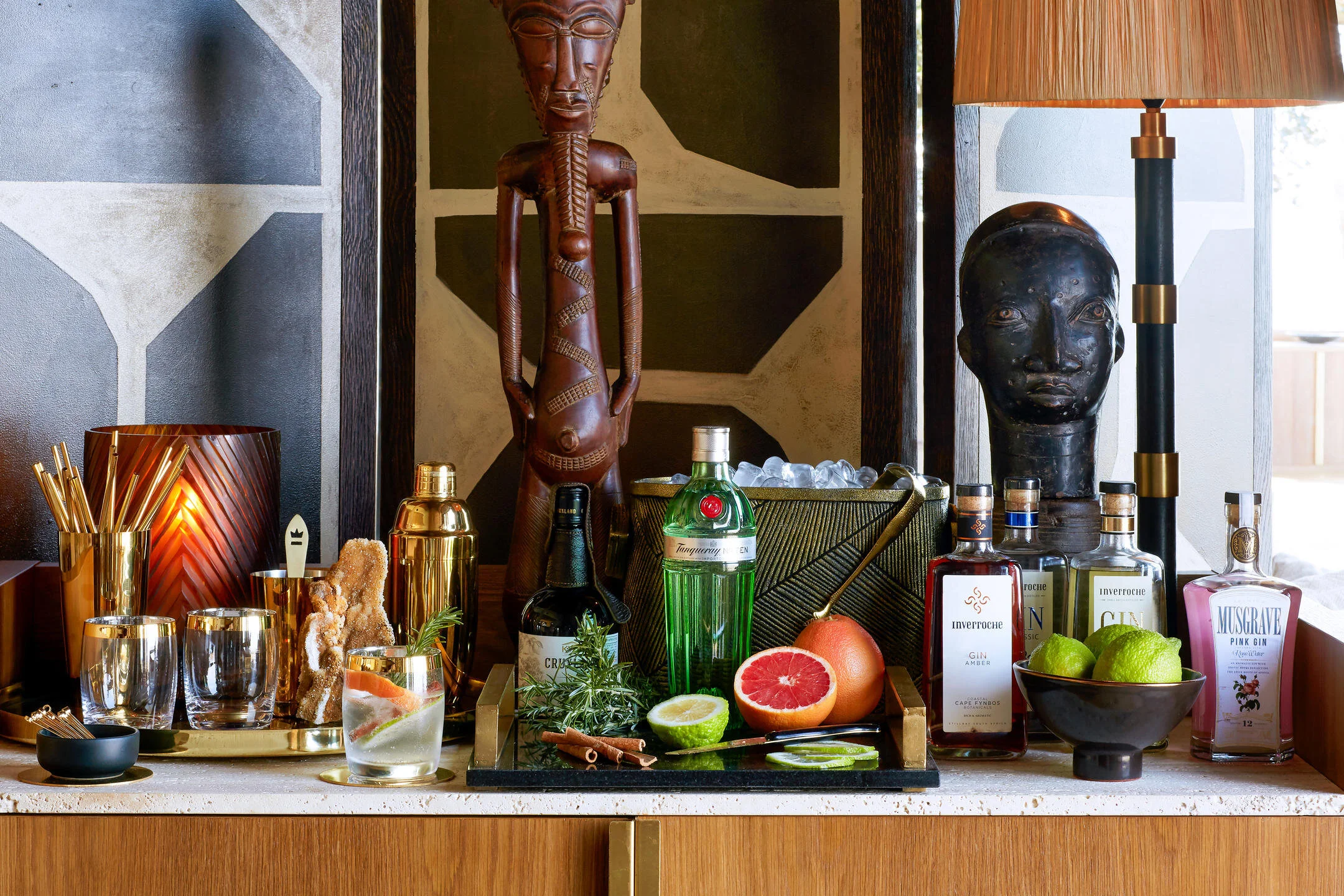Luxury travel to Japan and Ryokans
Japan is a study in contrasts with ancient temples and customs that coexist with modern skyscrapers and technology. Set against the scenic beauty of the Land of the Rising Sun, the harmonious juxtaposition of the past and present as well as Eastern and Western cultures is an enigma to most people. Luxury travel to Japan enables guests to experience a nation that readily accepts current pop culture, such as karaoke and anime, while remaining true to earlier periods symbolized by the geisha, bonsai and meticulous tea ceremonies. Rather than stay in a western-style high-rise hotel in the city, visitors can experience these time-honored customs by arranging accommodations in a ryokan, or traditional Japanese inn.
Originating during the Edo Period in the early 17th century, ryokan were inns that provided accommodations for guests as they traveled along Japan’s roadways. The inn typically featured tatami-matted floors, sliding doors, communal baths and public areas where guests relaxed while wearing the yukata, or the traditional casual summer kimono. The ryokan usually has a large entrance hall with couches and chairs where guests gather and talk. Rooms may feature a porch or balcony. The common bathing area, or ofuro, is typically segregated by gender and uses water from an onsen, or hot spring, if one is situated nearby. Luxury ryokan may feature private baths. Bedding consists of a futon that is laid out on the floor. The ryokan provides guests with a yukata as well as breakfast and dinner. Meals often consist of traditional Japanese cuisine known as kaiseki, or multi-course meal, which features regional and seasonal specialties. In addition to inns located throughout the countryside, visitors can find a variety of luxury ryokans in Tokyo as well as other cities.
More than just a place to sleep, these time-honored inns are an opportunity for travelers to experience a traditional Japanese lifestyle and sense of community. When staying at ryokans in Kyoto or other locations in Japan, guests should follow traditional etiquette, such as removing their shoes before entering. A pair of slippers will be provided for walking in common areas. No footwear is worn on the tatami floors. A complimentary tea service is normally available in each guest room, which also has a table and zabuton cushions. The staff lays out a futon in the evening and removes it in the morning. Because this is considered customary service, the room attendant may be offended if ryokan guests leave a tip. Since a ryokan is designed to be a place of serenity, guests are asked to keep noise to a minimum and avoid commotions in common areas. They should also refrain from storing items in the tokonoma, or alcove, which are decorated with artwork, bonsai trees or flowers. Guests are encouraged to wear the yukata. To wear it correctly, place the left side over the right. Men wear the sash on the hips, and women wear it higher on the waist. The yukata should be worn tightly closed.
There are several highly regarded inns dispersed throughout the country. Nestled in a forest near Hakone, the Yama No Chaya ryokan is reached by crossing a bridge suspended over a mountain stream. The inn offers a variety of rooms with wonderful views of the Hayakawa River. The nearby Tonosawa hot spring supplies the open-air baths. The cozy Family Inn Saiko is one of the highest-rated ryokans in Tokyo. Near the lively Ikebukuro neighborhood, it features modern facilities set against a backdrop of traditional hospitality. Serene atmosphere and excellent cuisine are highlights of the Biyu no Yado ryokan in Nagano, Japan’s third-highest rated inn. Located in the laid-back Shitamahi area, the Sawanoya is a family-operated ryokan with a homespun atmosphere. In operation since 1949, it specializes in providing services for foreign travelers. The Ryouri Ryokan Shiraume is one of the most highly regarded of the ryokans in Kyoto. Its name means white plum, a reference to the 200-year-old plum trees that adorn the property. Located in the Gion historical district, the inn along with the teahouse that once occupied the site have been pleasing travelers for centuries.
Staying in a ryokan enables guests to experience Japan’s incredible ancient and modern customs. Contact Epic Road for assistance arranging luxury travel to Japan and accommodations in a traditional Japanese inn.







